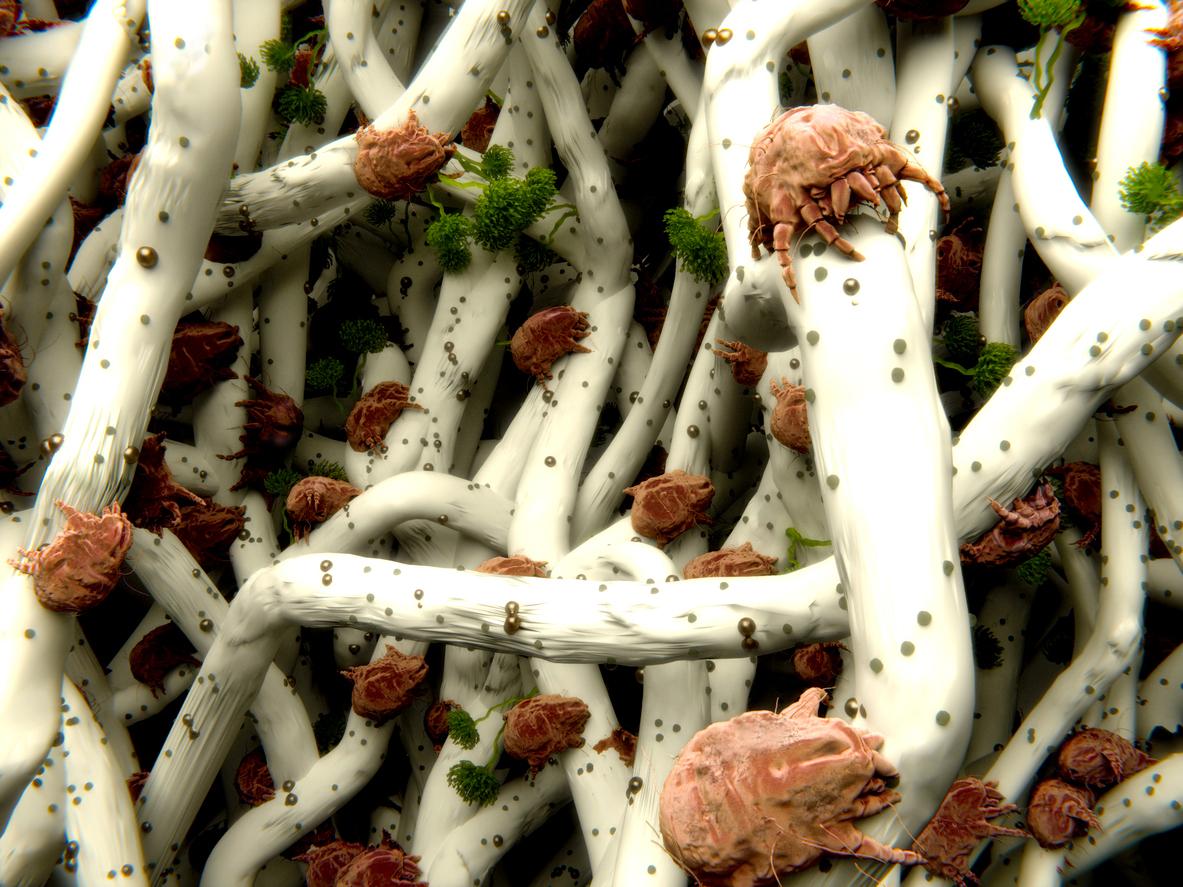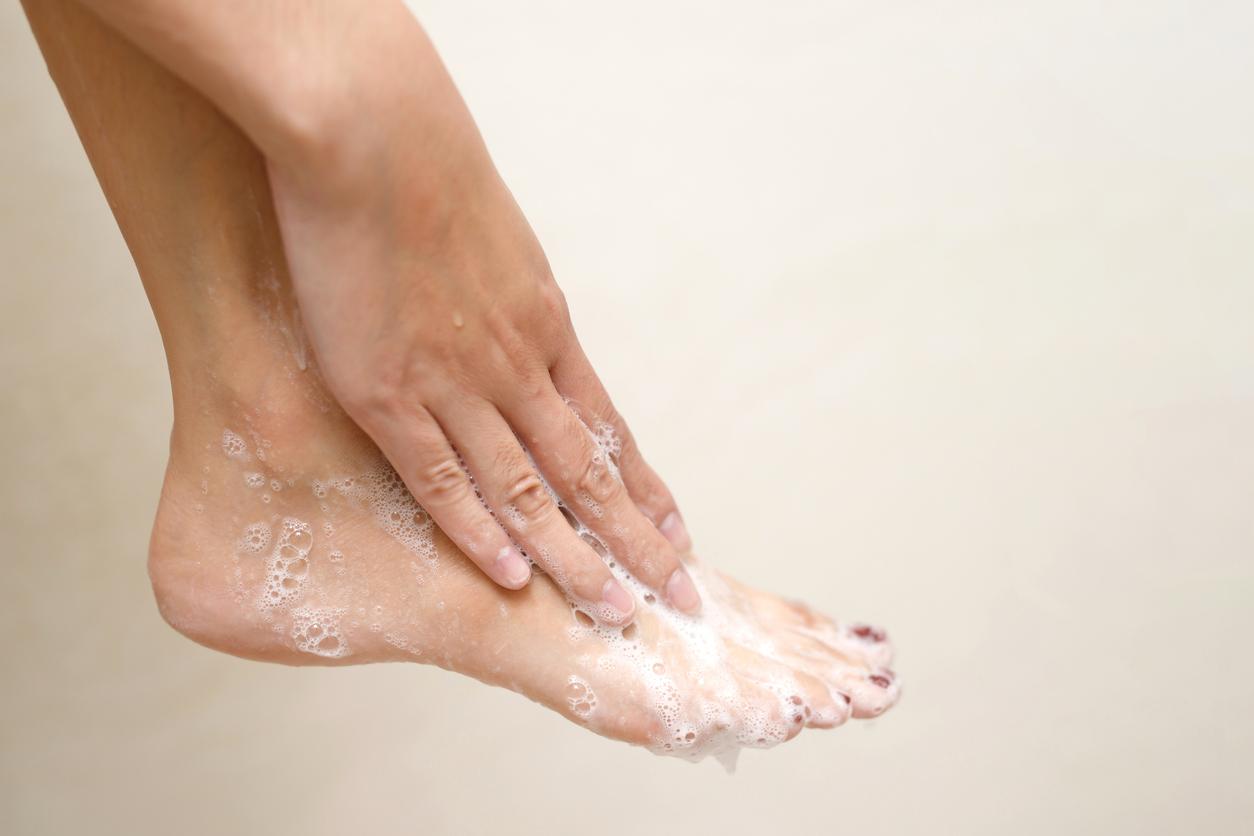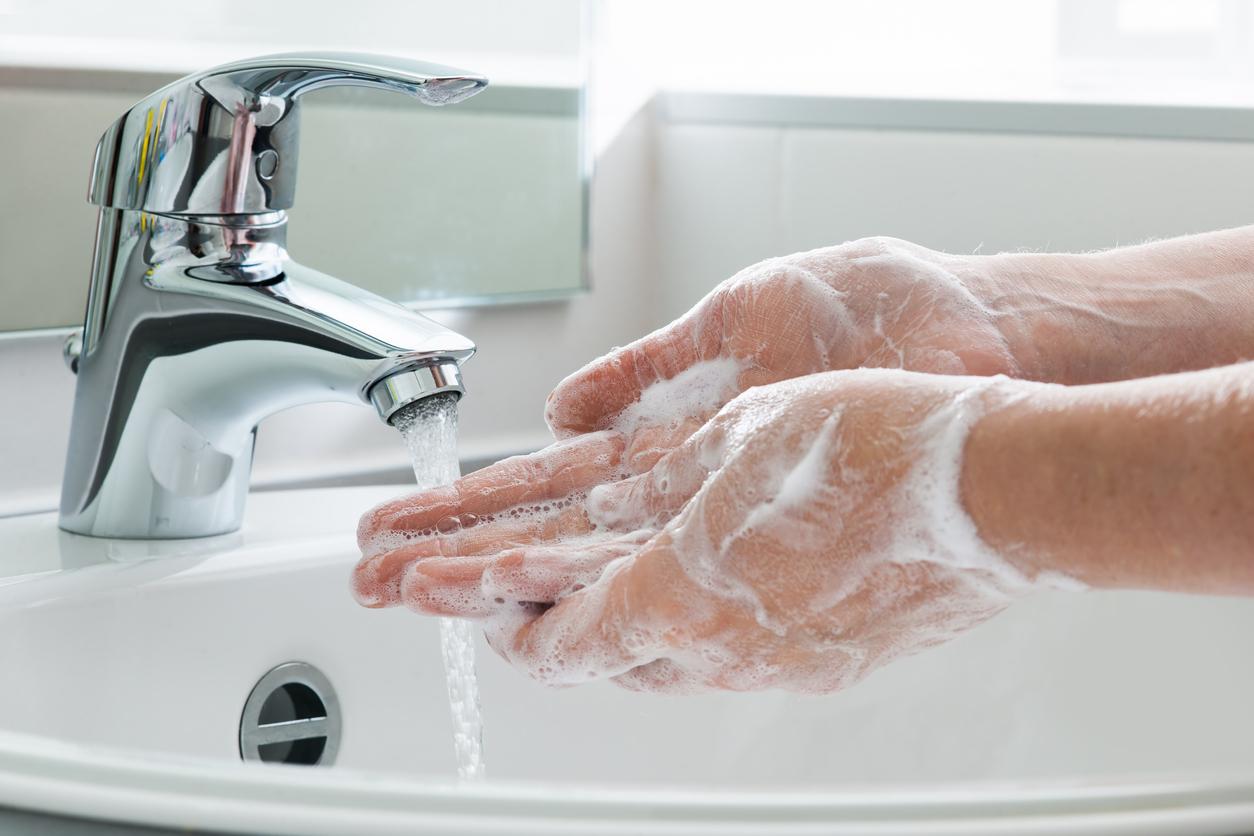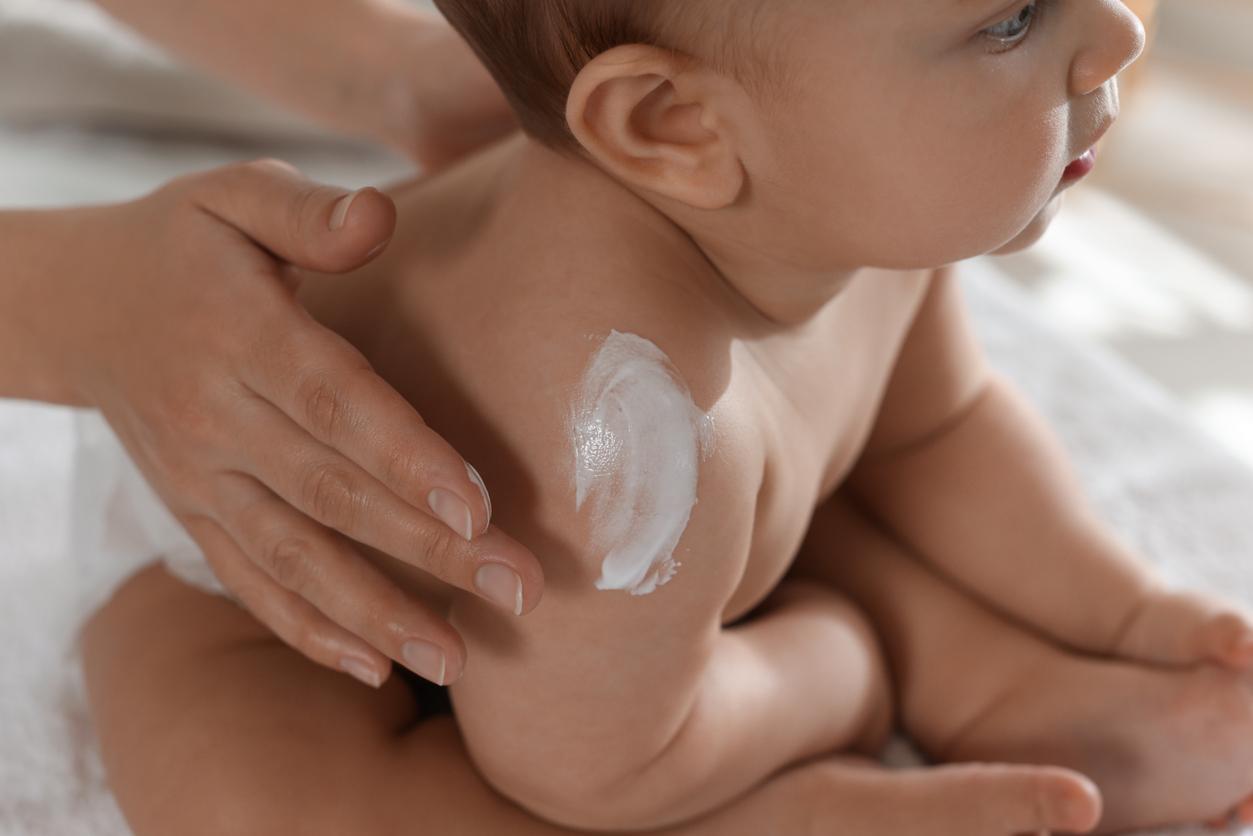A European survey reveals that the French are not the most prompt to respect the rules in terms of hand hygiene, a sign of a certain relaxation after respecting barrier gestures.

- The French are the Europeans who wash their hands the least after going to the toilet.
- The French respect the rules of hygiene less than during the first confinement but more than before the health crisis.
- Kisses and handshakes are also back.
Friday, October 15 was World Handwashing Day. The opportunity for the Ifop polling institute to publish the results of a European survey on compliance with hygiene practices. A survey that does not really highlight the French who are among the last in Europe, despite the observation of an improvement compared to the results obtained before the health crisis. This was carried out on a representative sample of 5,039 adults living in five major European countries (Spain, Italy, France, Germany, United Kingdom).
The British, competitors for the worst hand hygiene
In addition to the coronavirus, the flu and bronchiolitis seasons have started at very high levels. These infections are a reminder of the extent to which compliance with hand hygiene rules is an important public health issue. Last August, British researchers used a mathematical model to examine the key mechanisms of handwashing and determine how long it takes for it to be effective. Result: washing your hands well is a matter of 20 seconds of vigorous scrubbing with a flow of water strong enough to eliminate viruses, bacteria and other particles from the hands.
The Ifop survey reveals that the French are not the most adept at these good practices. In Europe, they are even the worst students when it comes to respecting hygiene rules after going to the toilet. Only 76% of them “systematically” wash their hands after going to the WC, compared to 86% of inhabitants in Germany, 83% in Italy and 82% in the United Kingdom and 77% in Spain. Before going to the table, the British occupy the last place when it comes to hand washing. More than one in two forgets this hygiene passage, while 60% of French people do not skip the hand washing box. The British, again, are also last in terms of hand washing when returning home (51%, against an average of 62% in France) or after transport (50%, against 62%).
An effect of the health crisis… temporary
The survey highlights progress among the French in respecting hygiene gestures compared to the period before the crisis but indicates a clear decline compared to the first confinement. They are thus less likely to wash their hands on their way home (55%, compared to 86% in March 2020), before eating (58%, compared to 81%) or after public transport (65% compared to 70 %). “While Covid-19 has highlighted the role of hand hygiene in the fight against the transmission of the virus through hand contact, current compliance rates show that the health crisis has not generated a real revolution. in the hygienic culture of the French”, note the authors of the study.
The return of traditional practices
In addition to the hands, the French have resumed most of their habits which are not the most hygienic and which were in sharp decline during the periods of confinement. Thus, barely half of the French cover themselves with one arm when they cough, while the European average is 61%. Moreover, only one in four systematically wash their hands after blowing their nose against a European average of 32%.
The wind has also picked up again since it has almost doubled in six months with more 26 points compared to March 2021. However, this proportion remains below what Ifop observed before the first confinement (91%). . According to the authors of the survey, “this return of the wind seems very symptomatic of a certain indifference to health prevention discourse, probably because hand washing is no longer the only means of protection people have like in the days of confinement”. The handshake has also come back in force, taking over the elbow or fist check. About 59% practice it regularly with people they know, three times more than six months ago.
.
















